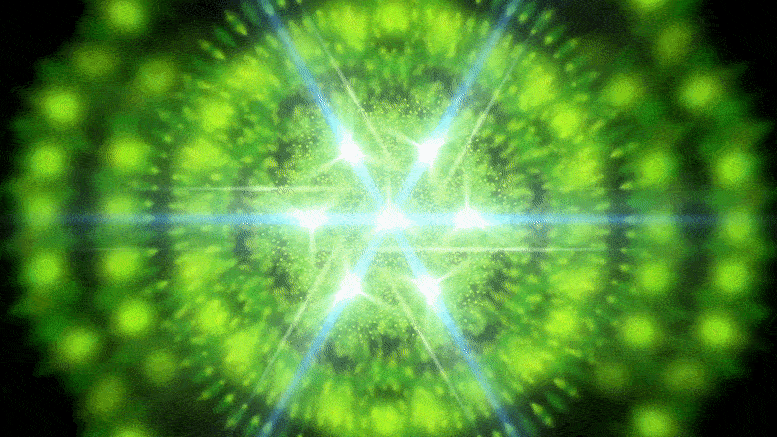
Các nhà khoa học tại Đại học Tohoku đã phát hiện ra rằng axit boric xúc tác cho sự hình thành các peptit kéo dài trong cả điều kiện trung tính và axit, mâu thuẫn với các lý thuyết trước đây cho rằng điều kiện kiềm là lý tưởng. Việc phát hiện ra các khoáng chất chứa boron dồi dào trong đá Trái đất cổ đại cũng hỗ trợ tiềm năng của môi trường trung tính giàu boron để tổng hợp protein Trái đất tiền sinh học.
Làm sáng tỏ bí ẩn xung quanh sự xuất hiện đầu tiên của các polyme hữu cơ xúc tác trên Trái đất tiền sinh học sẽ mở ra các khái niệm chính về nguồn gốc sự sống.
Các nhà nghiên cứu từ Đại học Tohoku gần đây đã phát hiện ra một môi trường khả thi trong đó có thể xảy ra sự hình thành các polyme hữu cơ xúc tác. Để thực hiện khám phá này, họ đã làm bay hơi các dung dịch[{” attribute=””>amino acids that contained boric acid and found that boric acid fosters the creation of polypeptides in both neutral and acidic environments. The longest peptides formed in the experiments were 39 monomer-long glycine polypeptides under a neutral condition.
Previous studies have suggested that highly alkaline evaporative environments served as the place for ancient protein synthesis, yielding up to 20 monomer-long glycine peptides. Neutral conditions were thought to be the worst-case in regards to peptide synthesis.

An ancient coastal area rich in boron could catalyze the polymerization of amino acids. Credit: Yoshihiro Furukawa
Boron-containing minerals have been discovered abundantly in some of the oldest sedimentary-origin rocks found on earth, dating back 3.8 billions-years. These findings suggest that coastal areas of ancient small continents and islands rich in boric acid spontaneously assembled amino acids, forming polypeptides and proto-proteins.
“The formation of polypeptides in neutral environments have important meanings in the chemical evolution of the origin of life,” says lead author Yoshihiro Furukawa, an associate professor at Tohoku University.
Whilst RNAs are rather stable under neutral conditions, they are extremely unstable under alkaline conditions. Boron has been known to help many steps in abiotic ribonucleotide synthesis.
“Boron-rich neutral evaporative environments serve as an ideal place for the formations and interactions between the two essential polymers on prebiotic Earth,” Furukawa says.
This research group is now investigating which amino acids are incorporated in the proto-peptides in this environment.
Reference: “Boron-assisted abiotic polypeptide synthesis” by Yuki Sumie, Keiichiro Sato, Takeshi Kakegawa and Yoshihiro Furukawa, 11 May 2023, Communications Chemistry.
DOI: 10.1038/s42004-023-00885-7
“Nhà phân tích. Con mọt sách thịt xông khói đáng yêu. Doanh nhân. Nhà văn tận tâm. Ninja rượu từng đoạt giải thưởng. Một độc giả quyến rũ một cách tinh tế.”